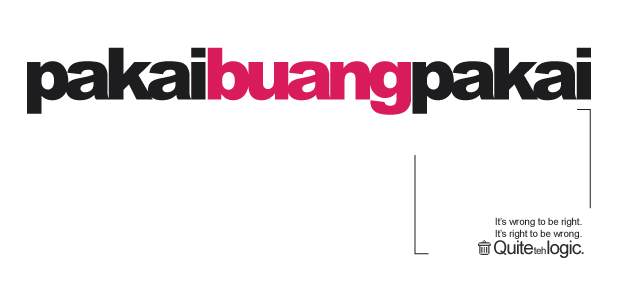I wanted to share an extract of the book I got. That it's wrong to be right, and it's right to be wrong :

«BEING right is based upon knowledge and experience and is often provable. Knowledge comes from the past, so it's safe. It is also out of date. It's the opposite of originality. Experience is built from solutions to old situations and problems. The old situations are probably different from the present ones, so that old solutions will have to be bent to fit new problems (and probably fit badly). Also the likelihood is that, if you've got the experience, you'll probably use it.
This is lazy.
Experience is the opposite of being creative. If you can prove you're right, you're set in concrete. You cannot move with the times or with other people. Being right is also being boring. Your mind is closed. You are not open to new ideas. You are rooted in your own rightness, which is arrogant. Arrogance is a valuable tool, but only if used very sparingly. Worst of all, being right has a tone of morality about it. To be anything else sounds weak or fallible, and people who are right would hate to be thought fallible.
So: it's wrong to be right, because people who are right are rooted in the past, rigid-minded, dull and smug. There's no talking to them.»

«START being wrong and suddenly anything is possible. You're no longer trying to be infallible. You're in the unknown. There's no way of knowing what can happen, but there's more chance of it being amazing than if you try to be right. Of course, being wrong there's a risk. People worry about suggesting stupid ideas because of what others will think. You will have been in meetings where new thinking has been called for, at your original suggestion. Instead of saying, "That's the kind of suggestion that leads us to a novel solution", the room goes quiet, they look up to the ceiling, roll their eyes and return to the discussion.
Risks are a measure of people. People who won't take them are trying to preserve what they have. People who do take them often end up by having more. Some risks have a future, and some people call them wrong. But being right may be like walking backwards proving where you've been.
Being wrong isn't in the future, or in the past. Being wrong isn't anywhere but being here.
Best place to be, eh?»
It relates back to the importance of creativity, which supports Sir Ken Robinson's speech on TEDTalks, "SCHOOLS KILL CREATIVITY". We have all been taught from a young age that making mistakes will make you fail, in school, and later in life. But in reality, only children will take a chance at failure. If they don't know (from experience and teaching, unlike us adults), they'll have a go. Children are not afraid to take risks, they are not frightened of being wrong. If you are not prepared to be wrong, you'll never come up with something original. And this is the reason why children are at their highest creativity state, when they take a chance without worrying for the consequences.
The next meeting, I'm throwing my idea on a paper plane.
CAKAP FRENCH :: échec (eʃɛk) = failure



wah..im im im speechless reading this eventho its just facts..but but wow..haha
ReplyDelete*clap clap*